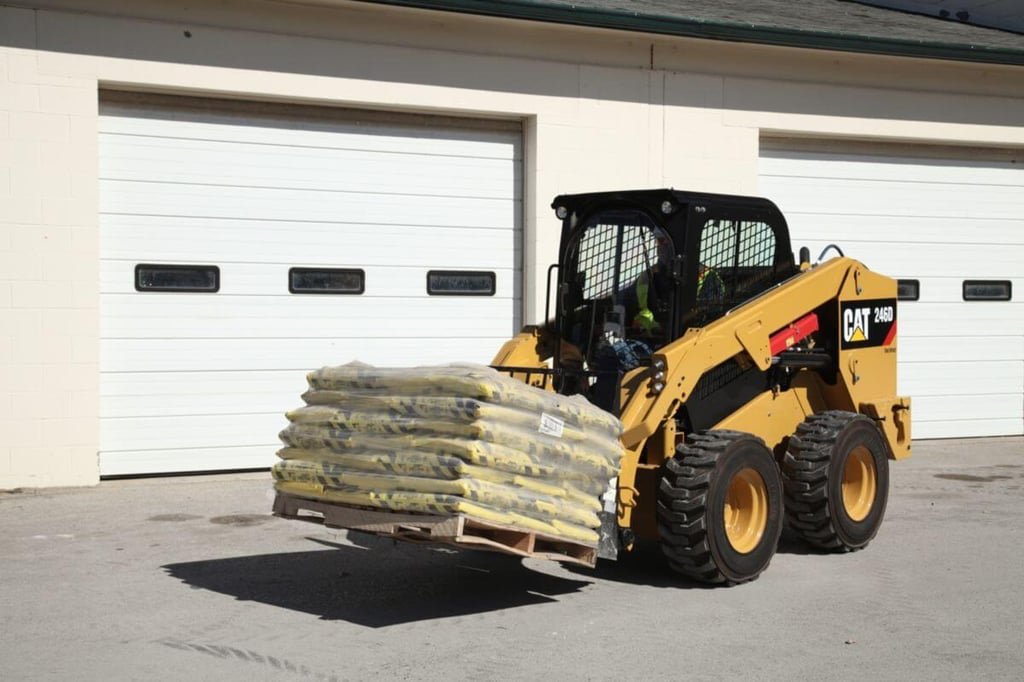When it comes to construction projects, the importance of bid bonds cannot be overstated. For anyone involved in construction or contracting, learning about bid bonds is essential. But how do you write about bid bonds in a way that resonates with readers, meets Google’s helpful content guidelines, and ranks well in search results? In this post, we’ll explore bid bond blog topics, offering insights into what makes them interesting and informative.
What Are Bid Bonds?
A bid bond is a type of surety bond that protects the project owner if the winning bidder fails to meet the terms of the contract. In simple terms, it ensures that contractors can fulfill their obligations without abandoning the project mid-way. Now that we have a basic understanding, let’s dive into the best topics to cover when writing about bid bonds.
Why Write About Bid Bond Blog Topics?
Writing about bid bond blog topics offers several benefits, especially for bloggers targeting contractors, construction professionals, or businesses. It helps explain a crucial aspect of the construction bidding process. But more than that, it’s an area often shrouded in legal and financial jargon, meaning you can stand out by offering clear, digestible explanations.
Whether you’re creating content for a financial blog, a construction site, or even a business website, covering bid bond topics can boost engagement and traffic by helping your audience better understand this often confusing area.
Bid Bond Blog Topics to Consider
Here are some engaging and valuable blog topics on bid bonds that can easily draw attention:
1. What Is a Bid Bond?
- This topic offers an introductory look at what bid bonds are, their purpose, and how they work. Simplify the explanation by focusing on real-world scenarios, such as how bid bonds help ensure contractors are serious about taking on a project.
2. Bid Bond Requirements
- Many readers are curious about the requirements they need to meet to obtain a bid bond. You can break down the steps, including the necessary documents, application process, and eligibility criteria.
3. How Much Does a Bid Bond Cost?
- One of the most frequently asked questions, this blog topic should explore the various factors that influence the cost of a bid bond. Include examples or average cost ranges to provide a clearer understanding.
4. The Role of Bid Bonds in Construction Projects
- Here, you can discuss how bid bonds ensure a smoother construction process, helping project owners avoid delays and financial losses.
5. Bid Bonds vs. Performance Bonds: What’s the Difference?
- Bid bonds and performance bonds are often confused, so writing about their differences and when each is required can provide valuable insights for contractors and project owners.
6. Common Bid Bond Mistakes to Avoid
- Share advice on avoiding common mistakes, such as underestimating the bid or not meeting the bond’s conditions. Highlighting these mistakes can help contractors avoid costly errors.
7. Bid Bond Claims: What Happens When a Bidder Fails?
- This topic is perfect for readers who want to know what happens if a contractor fails to follow through after winning a bid. Explain how claims work and what steps are involved.
8. How to Choose the Right Surety Company for Your Bid Bond
- Contractors often need help finding the right surety company. Provide tips on what to look for, such as the company’s reputation, financial stability, and customer reviews.
Benefits of Writing About Bid Bond Blog Topics
Creating content on bid bond blog topics provides numerous benefits:
- Authority and Expertise: Writing about this niche subject positions you as an expert in your field.
- SEO Benefits: Targeting keywords like “bid bond blog topics” can help your content rank higher in search engine results, driving more traffic to your website.
- Engagement: Informative and well-researched content encourages readers to spend more time on your blog, boosting engagement and interaction.
Best Practices for Writing Bid Bond Blogs
When writing about bid bond blog topics, keep these tips in mind to create engaging, easy-to-read content:
- Keep It Simple: Avoid overly technical terms. Explain complicated ideas using simple, everyday language.
- Use Subheadings and Bullet Points: Breaking up your text with subheadings and bullet points makes the content easier to scan and digest.
- Provide Real-Life Examples: Including real-world examples or case studies can help readers relate to the content and better understand the topic.
- Engage Your Audience: Use a conversational tone and inject a bit of humor where appropriate. Readers enjoy content that feels like it’s written by a real person, not a machine.
Conclusion
When it comes to bid bond blog topics, there are plenty of directions you can take to create engaging, informative content. By breaking down complex terms, focusing on common questions, and providing actionable insights, your blog can attract more readers and rank higher on Google. With the right blend of knowledge and SEO best practices, you can turn bid bond content into a valuable asset for your audience.
FAQs
Q: What is a bid bond?
A: A bid bond is a surety bond that ensures the contractor awarded a project can meet the obligations of their bid.
Q: Who needs a bid bond?
A: Contractors bidding on construction projects typically need a bid bond to demonstrate they are financially able to complete the project if chosen.
Q: How much does a bid bond cost?
A: The cost of a bid bond varies based on the size of the project and the contractor’s financial standing, but it usually ranges from 1% to 5% of the total project cost.
Q: What happens if a contractor defaults on a bid bond?
A: If a contractor defaults on a bid bond, the surety company may compensate the project owner and take legal action to recover the costs from the contractor.
By targeting these essential aspects, your blog on bid bond topics will be both informative and engaging, helping you stand out in the competitive landscape of construction and financial content.











